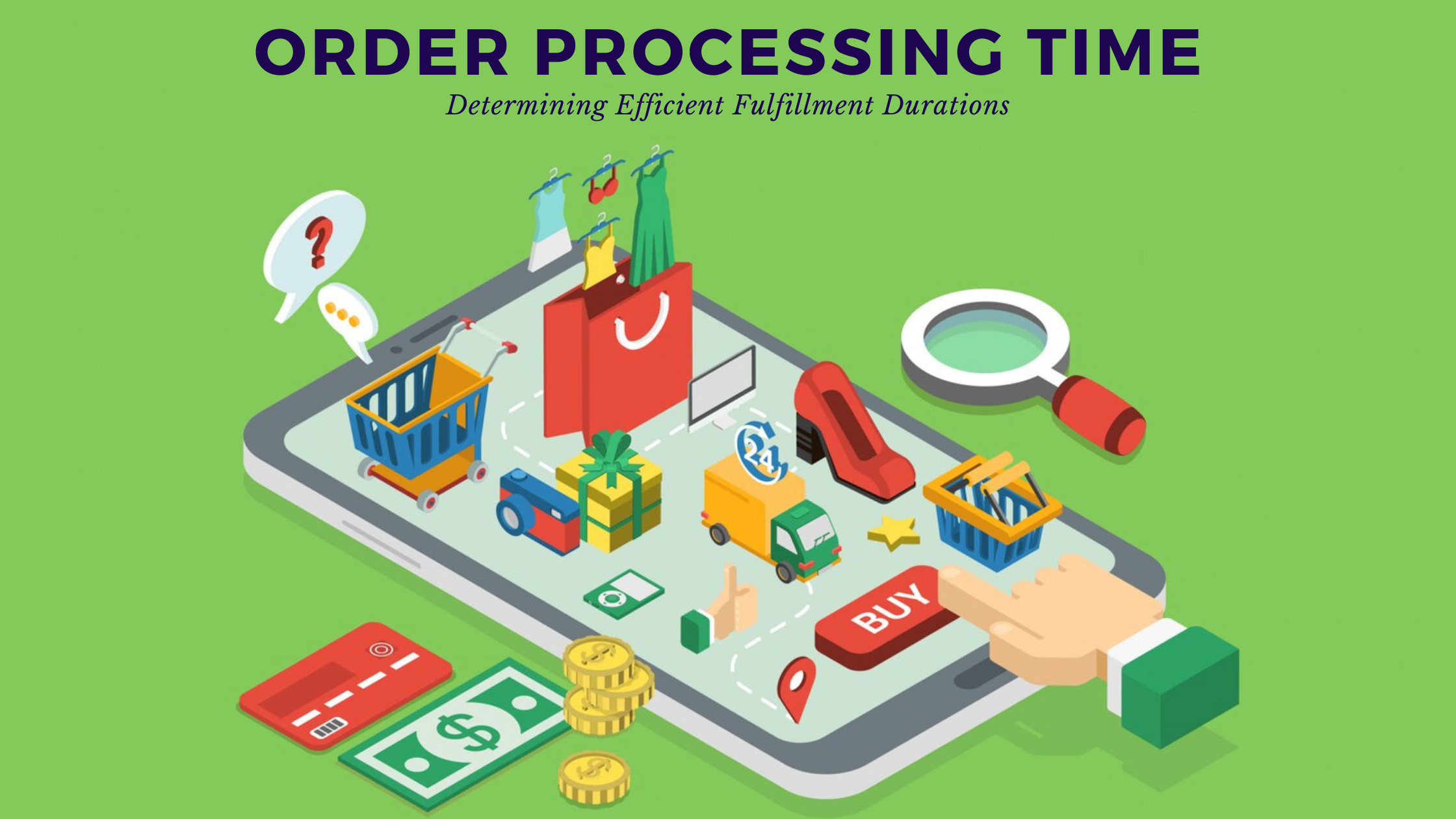Order Processing Time: Determining Efficient Fulfillment Durations


Roles and Responsibilities in Order Processing: Organizing Workflow
Order processing is a crucial aspect of any business that sells products or services. It involves several steps, from receiving the order to delivering the product or service to the customer. Each step in this process has specific roles and responsibilities associated with it, which are crucial for ensuring smooth and efficient operations1234.
Factors Affecting Order Processing Time
- Processing Priorities: The priority given to processing certain orders can affect the processing time1. For example, rush orders or orders from high-value customers might be processed more quickly.
- Inadequate Stock: If the items ordered are not in stock, this can lead to delays in order processing1. Effective inventory management can help prevent such issues.
- Order Filling Accuracy: Errors in order filling can lead to delays as the errors need to be corrected before the order can be shipped1.
- Order Batching: Processing orders in groups or batches may reduce cost, but it may also delay order filling1.
- Shipment Consolidation: Holding orders for consolidation can reduce shipping costs, but it can also extend processing time1.
Roles in Order Processing
- Order Processor: An order processor is responsible for accepting orders and processing them. This involves documenting customer orders, preparing billing and shipping details, and submitting information to the company’s central database or sending it to the proper department for fulfillment1.
- Inventory Manager: The inventory manager is responsible for ensuring that there are sufficient stocks to fulfill all customer orders. They may place requests and orders for stock replenishment to suppliers or manufacturers1.
- Customer Service Representative: Order processors may also help address and solve customer complaints and inquiries. They can handle simple customer queries about product information, the status of an order, or the estimated time of delivery1.
- Shipping Coordinator: The shipping coordinator is responsible for arranging the delivery of the order to the customer’s specified location. They manage shipping schedules and ensure that all customer orders are handled properly2.
SaaS Products for Order Processing
Several SaaS products can help businesses streamline their order processing. Here are a few examples:
- NetSuite: Offers a comprehensive suite of order management solutions, including order entry automation, inventory management, order fulfillment, and customer communication.
- Zoho Inventory: Provides powerful inventory management features, including real-time inventory tracking, automated reordering, and multi-channel selling.
- ShipStation: Offers robust shipping and order fulfillment features, including automated shipping label generation, rate comparison, and order tracking5.
- QuickBooks Commerce: Provides a range of order management features, including automated order entry, real-time inventory management, and multi-channel order fulfillment.
- TradeGecko: Offers a powerful order management platform, including automated order entry, inventory management, order fulfillment, and customer communication.
Conclusion
Understanding the roles and responsibilities in order processing is crucial for organizing workflow and ensuring efficient operations. By leveraging technology and the right SaaS products, businesses can automate various steps involved in order processing, thereby reducing processing time and enhancing customer satisfaction.





